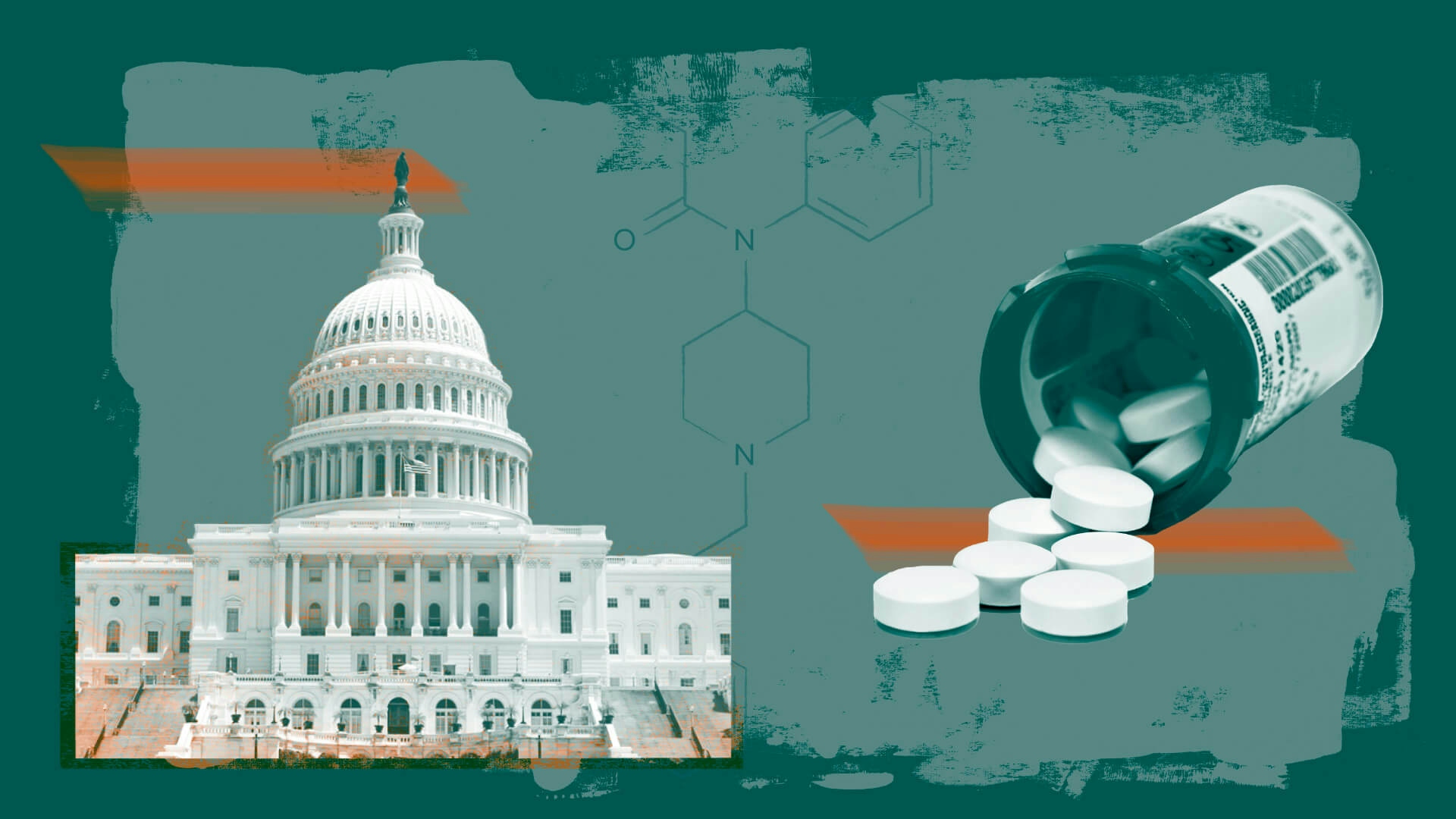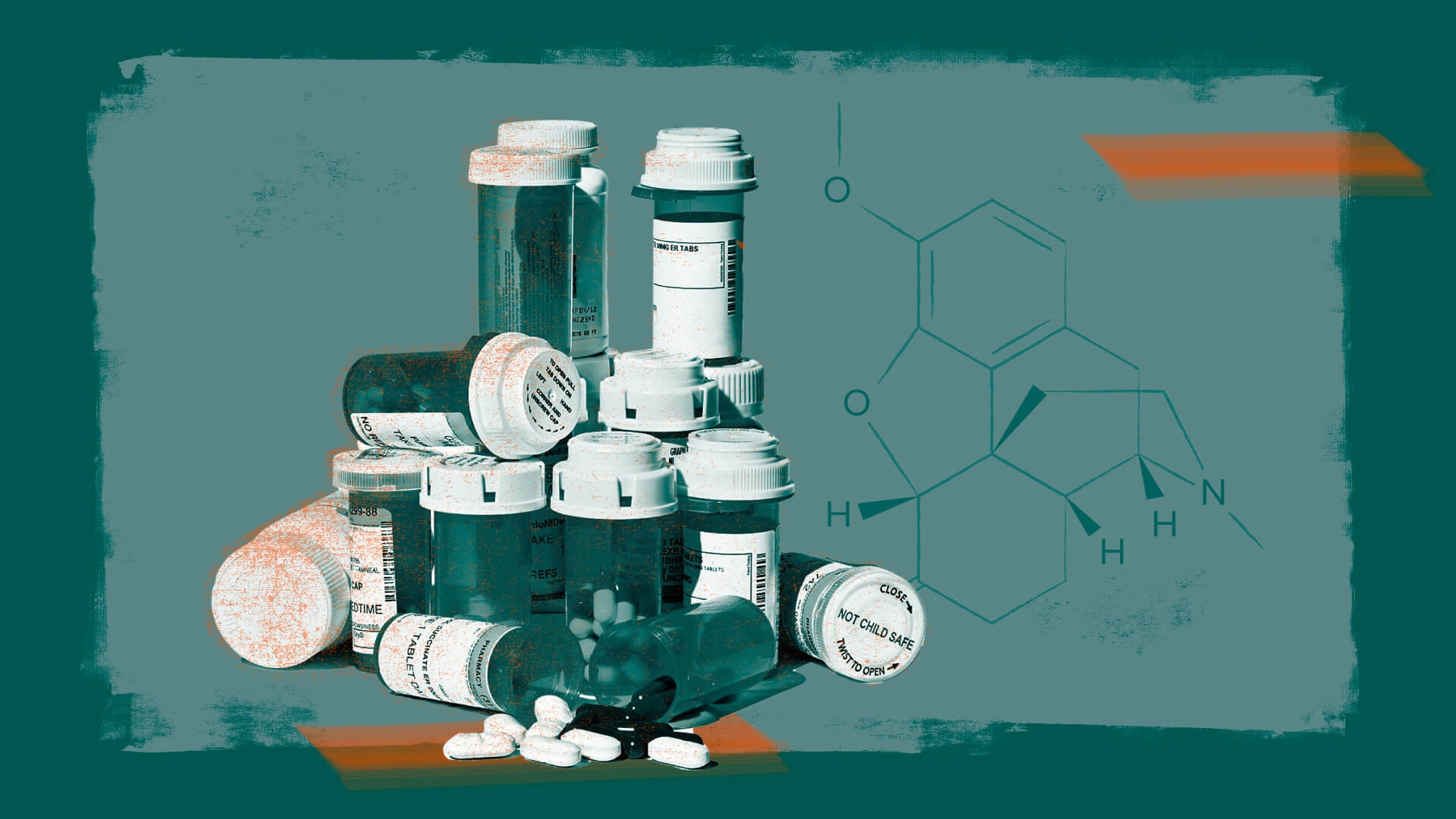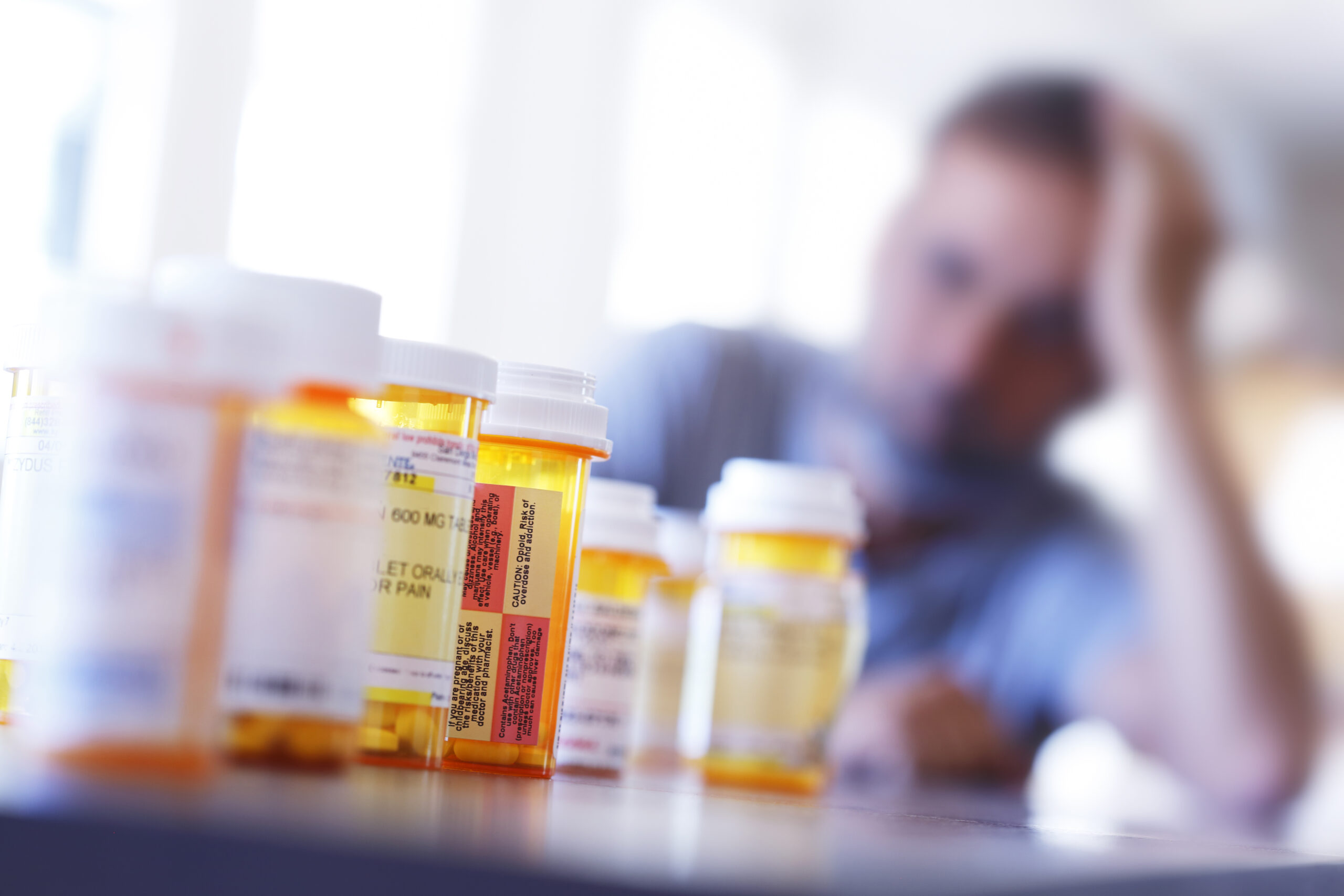The Public Supports Most Opioid Harm Reduction Strategies as Experts Push for Better Treatment Options

The COVID-19 pandemic and the increased presence of fentanyl have contributed to a surge in overdose deaths in the United States over the past several years, leaving public health experts and officials scrambling to address a deadlier environment. This article is part of our series looking at the ripple effects of the opioid epidemic beyond the individuals who use drugs, public health strategies to address the epidemic and whether billions of dollars of settlement funds can help.
Read our coverage: Personal Impact | Settlements
Key Takeaways
A White House health official and public health experts said the United States needs to expand access to harm reduction supplies like fentanyl test strips and naloxone.
At least 7 in 10 adults support multiple measures to address the epidemic, including expanding access to rehabilitation and treatment services and strengthening laws that protect people who report drug-related emergencies.
The public is more likely than not to think federal and local governments have not addressed the epidemic well.
Over the past two decades, the United States has experienced a severe increase in the number of people who have died because of drug overdoses. The country’s drug crisis has worsened during the COVID-19 pandemic, with the number of overdose deaths surging above 100,000, largely due to synthetic opioids like fentanyl.
Federal agencies and local governments have worked to address the epidemic and reverse, or at least slow down, the rate of deaths. However, there has been little effect, as deaths have increased roughly every year since 1999.
More than 4 in 5 U.S. adults said the epidemic is a public health emergency in the United States, including 2 in 3 who said it is a “major” emergency, according to a new Morning Consult survey.
A majority also supported several public health strategies to address the pandemic, including measures to reduce harm for people who still use drugs like the expansion of access to fentanyl test strips.
“I don't think we've ever even gotten close to an adequate response to the overdose death crisis in this country,” said Ricky Bluthenthal, associate dean for social justice at the University of Southern California’s Keck School of Medicine.
Vast Majority of the Public Thinks Opioid Epidemic Is a Public Health Emergency in the U.S.
Majority of Americans support multiple strategies to address the epidemic
Jason Doctor, chair of the department of health policy and management at USC’s Sol Price School of Public Policy, said there should be two main approaches to the U.S. drug crisis: implement measures to make it easier for people to get treatment and make it safer for people who continue to use drugs, like expanding access to the overdose reversal medication naloxone and fentanyl test strips.
A majority of U.S. adults back most strategies to combat the epidemic, such as provisions to increase access to drug treatment services (80%), strengthen laws to protect people who report emergency situations or overdoses (76%) and improve access to naloxone by reducing cost and expanding insurance coverage (74%).
Majority of the Public Supports Measures to Address Opioid Epidemic, Aside From Safe Consumption Sites
Dr. Rahul Gupta, director of the White House’s Office of National Drug Control Policy, said that the Biden administration supports the expansion of access to harm reduction supplies like fentanyl test strips, clean syringe programs and naloxone.
“All these measures are well vetted, researched and have a significant return of investment when you talk about investing in these with taxpayer dollars,” Gupta said. “They save lives at the end of the day, very clearly.”
Doctor stressed that it is important to make using drugs safer, but there is still the risk of death — especially with the abundance of fentanyl in the drug supply.
“I don't think we're doing enough, particularly on the side of treatment,” Doctor said. “We have made some progress. But I think a lot of people who want treatment can get into treatment, and I don't believe that we're encouraging treatment as much as we could.”
One measure to reduce harm that has gained traction recently is the expansion of access to naloxone, known as Narcan nasal spray, which has been available only for prescription use since 2015.
In March, the Food and Drug Administration approved Narcan to be available over the counter, with the intent to increase the number of people who can get the medication. But experts are still concerned that the price will keep it from people who need it the most. Emergent BioSolutions Inc., which manufactures the medication, recently said it will cost less than $50 for two doses.
While schools, businesses or health care facilities can afford a cost of around $50, Doctor said the price needs to be as low as $1 to $2 — or even free — to adequately support people who are addicted as they may struggle to keep a job, are unemployed or do not have money to afford the medication.
Public is least supportive of consumption spaces for people to do drugs safely
Strategies to reduce harm for people who use drugs did not receive the same levels of support as others surveyed, with 59% saying they back the increase of access to supplies like fentanyl test strips or clean needles and a 47% plurality saying they support safe consumption sites with trained medical assistance. Meanwhile, 75% said they support an increase in law enforcement efforts.
OnPoint NYC, which operates two overdose prevention sites in New York City, states that it has served over 3,200 participants and intervened in 898 overdoses since it opened in November 2021.
However, efforts to provide safe places of that kind for people to use drugs are controversial. Pennsylvania lawmakers may soon ban supervised drug consumption; California Gov. Gavin Newsom (D) vetoed a bill that proposed to set up safe injection sites in some cities due to safety concerns and the potential of an increase in drug use; and the Trump administration sued to stop Safehouse, a nonprofit, from establishing a site in Philadelphia.
While Gupta supported other harm reduction measures, he said the administration is waiting for ongoing litigation to play out.
Steve North, vice president of medical operations for the addiction treatment provider Eleanor Health, said the conversation around safe injection or safe consumption sites is difficult because some people see it as enabling. But he believes that the United States should “definitely” expand the number of sites because along with the prevention of overdose deaths, they provide a safe environment where over time someone can “begin to see that there is an alternative and get into recovery.”
Just 1 in 4 adults think Congress has handled the epidemic well
As the country works to reverse the rise of overdose deaths and stop the supply of drugs, the public is more likely than not to think that federal and local governments have not addressed the opioid epidemic well.
About half of adults said states, local governments and the Trump and Biden administrations have not addressed the epidemic well, while nearly 3 in 5 said the same of Congress.
Americans More Likely Than Not to Think Governments Haven’t Addressed the Opioid Epidemic Well
The drug and overdose crisis has gone through several phases, whether primarily fueled by prescription opioids or fentanyl. Now, an animal tranquilizer called xylazine has been found in the drug supply, causing devastating consequences.
The Biden administration declared the presence of fentanyl and xylazine an “emerging threat” and will release a national strategy to address it.
Xylazine has complicated the response to the epidemic, Gupta said, and when mixed with fentanyl, the combination has “certainly become much more lethal and destructive.”
The administration plans to improve the ability to test for the drug and treat people, as well as ensure that any additional enforcement around xylazine will not interrupt the supply for veterinarians who legitimately use it, Gupta said. He added that there needs to be a proper data reporting system to monitor the presence of xylazine across the country and that more research on how the drug affects humans should be conducted.
USC’s Bluthenthal cautioned about making too many assumptions on xylazine as its presence is still very new, adding he’s in wait-and-see mode on whether the administration develops an effective plan.
If the strategy is focused on measures to reduce harm and expand access to treatment, “then it'll be useful and helpful,” Bluthenthal said. “If it's focused on a criminal-legal approach, it probably will make things worse, to be truthful.”
Ricky Zipp previously worked at Morning Consult as a health care analyst on the Industry Intelligence team.
Related content

3 in 10 Americans Say They Know Someone Affected by Opioid Addiction Amid Surge in U.S. Drug Overdose Deaths

The Public Isn't So Confident in Effectiveness of Opioid Settlements
